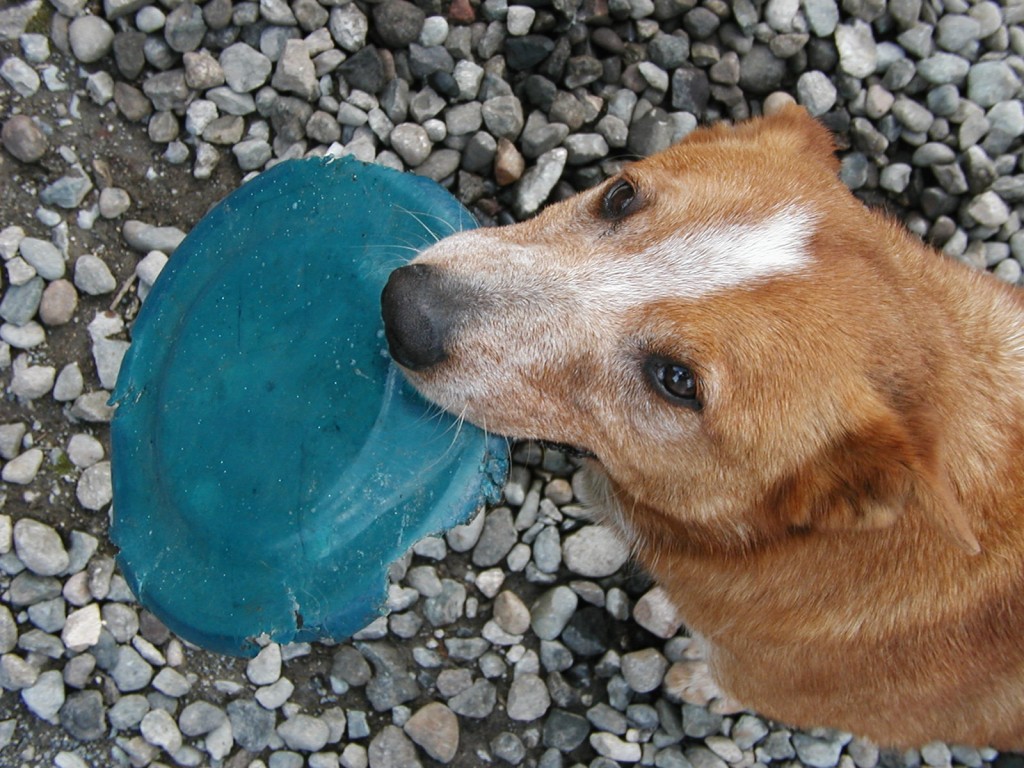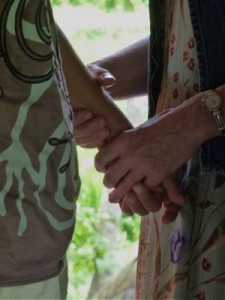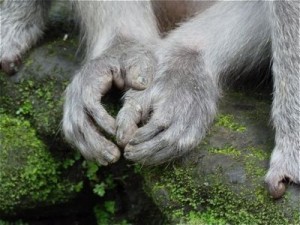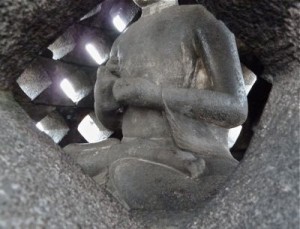Coming to Trust, Part 4: Practicing Trust

Unexpressed feelings need to be defined and shared to establish durable and productive structures in relationships. ~Jeff Jawer
Practicing Trust is the third post of a series that supports understanding what it takes and how to develop trust in relationships. This post suggests behaviors that build trust, and lists key characteristics of trustworthy people.
to develop trust in relationships. This post suggests behaviors that build trust, and lists key characteristics of trustworthy people.
Behaviors that build the ability to trust:
Learn to trust what is actual, not what you hope may be there. What we need to trust is OUR RESPONSE TO life, not that life will be a certain way.
Become reliable in caring for yourself. This greatly aids forming solid relationships. We trust ourselves when we are not willing to sell out our values or perception to try and get love or care from people we cannot trust.
Limit the WAYS you involve yourself with people to the extent that you trust them–or to your ability to manage your risks. If you can afford to be hurt or are not easily hurt you have more room to extend trust.
Stay alert to signals and sensations that tell you whether or not to trust. Keep your intuition at peace by listening to it and responding.
Sustain good communication. Clear up misunderstandings. Avoiding discomfort causes “emotional drift.” Emotional distance opens the door to situations that can compromise trust. Defining and sharing feelings builds intimacy and trust.
Maintain realistic expectations based on mutual agreements.
Practice discussing difficult topics “in a container of love.”
Make trust a priority–not as a demand but as something lovely and valuable that you craft over time.
Allow trust to grow naturally, without forcing it. Once you have it, take great care to repair damaged trust through communication.
Clearly define for yourself the particulars of your basic need for trust. This will be different depending on the type of relationship. For me basic trust in intimacy requires that the person is committed to truthfulness, does not cause pain intentionally, communicates their needs constructively, and can return to a caring frame of mind fairly quickly after an upset. Knowing what you are looking for makes it easier to trust yourself in relationships because you have a basis for evaluation.
depending on the type of relationship. For me basic trust in intimacy requires that the person is committed to truthfulness, does not cause pain intentionally, communicates their needs constructively, and can return to a caring frame of mind fairly quickly after an upset. Knowing what you are looking for makes it easier to trust yourself in relationships because you have a basis for evaluation.
Release relationships in which basic trust is not possible.
Remember that trust is a learned skill. Be compassionate with yourself in the process.
Enjoy trusting. Savor and accumulate this form of wealth.
Key Characteristics of Trustworthy People:
- Authentic
- Actions and words match
- Able to say “no” respectfully and “yes” dependably
- Keep agreements or renegotiate if necessary
- Able to admit it when they do not know something
- Able to be both flexible and reliable
- Show genuine feeling for you if they need to let you down
- Willing to make compromises but never compromise core principles or personal integrity
- Consistent ethics, positive values, or principles inform their behavior
- Willing and able to tell you things you do not like to hear–kindly
- Able to disagree without needing to argue, or to have friendly arguments that lead to increased understanding
- Let you know how they feel, where they stand, and how you stand with them
- Able to recognize, accept, and enjoy the differences between you
After considering others, be sure to turn the same list around on yourself.
Can you be up-front about what you do and do not trust in yourself and your friends? How and when do you intentionally build trust through communication?





























